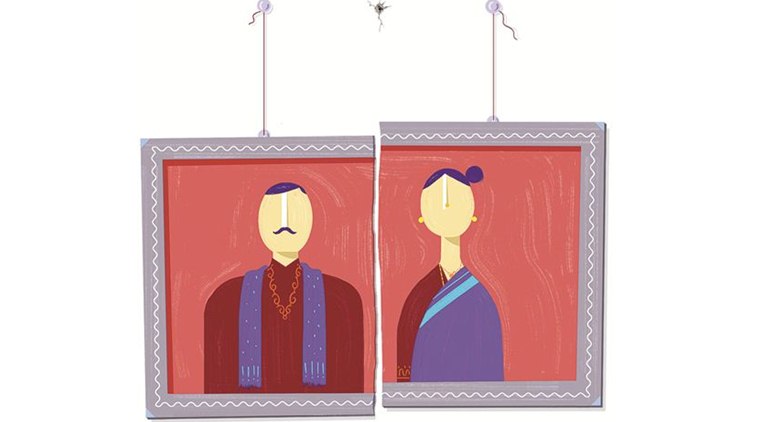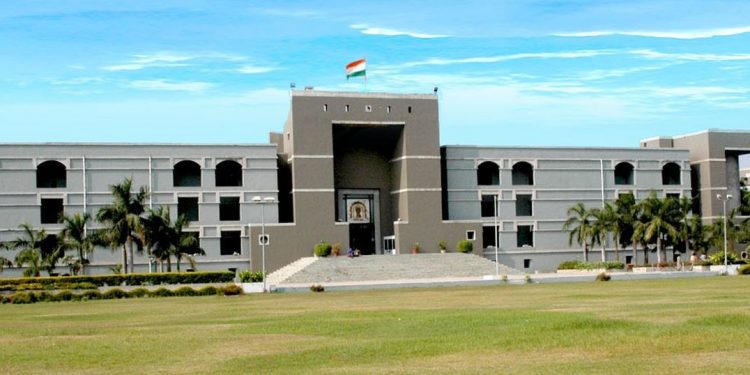Contested divorce in India almost never sees the light of the day, unless both estranged partners decide to end the dead alliance mutually. Such is the case from Gujarat where it took 33-long-years for the High Court to grant divorce to the man.
Case :
- Dhanjibhai Parmar, now 65, married Indiraben in 1978
- They had a son in 1983
- Following a marital discord, Parmar filed for divorce in 1986 at the city civil court
- He got an ex-parté divorce from the court in February 1988, following grounds of desertion by wife
- Within a month of getting divorce, Parmar married Ramilaben
- Seven months after the ex-parté divorce, Indiraben approached court challenging the order, arguing she could not live in her matrimonial home due to cruelty by husband
- In 1991, the civil court rejected Parmar’s divorce petition leaving a question mark on the status of his second marriage
- Parmar immediately approached the High Court where the case remained pending for 28-long-years
- Eventually, Parmar had three children with Ramilaben, however, the family remained to be haunted by the on-going divorce litigation with Indiraben
- Three decades later, Parmar has retired from his insurance job, while Indiraben too retired from her work with the state government’s agriculture department
- The High Court analysed that both parties had settled in their respective lives and much water had flown
- It is then that the Court requested both parties to amicably settle the matter on grounds of “irretrievable breakdown of the marriage”
- The woman’s lawyer submitted that the man never paid her any maintenance and while she did have pension to sustain, she did not own any residence and was thus eligible for alimony
- Finally last week, HC quashed the civil court order and granted divorce to Parmar asking him to settle the case with Rs 17 Lakhs to Indiraben as Permanent Alimony

- It must be noted that the divorce only came through since the defendant party (estranged wife) showed “magnanimity” after 33-years that she would not contest the case further since she did not want the three children from second wife to bear the stigma that their parent’s marriage was illegal. After 3 long decades with no contribution to the man’s life and his earnings, a working woman is still paid alimony as reward under the law.
- With such cases and timelines reported for getting the divorce decree, one often wonders the practical impact on the life of the petitioner (read husband). While many choose to move on without a divorce, some who are deprived from children and a family life often slip into depression and loneliness. The estranged wives who live with the custody of children and an inflated ego of not allowing the husband to move on legally, also end up spending decades of their youth with bitterness and vengeance.
- Ultimately the courts also do no good to either parties on a humane level by forcefully binding the parties on paper for decades, when in reality both of them would have moved on and are merely wasting time of the courts for their egocentric desires.
ALSO READ
Join our Facebook Group or follow us on social media by clicking on the icons below
Donate to Voice For Men India
If you find value in our work, you may choose to donate to Voice For Men Foundation via Milaap OR via UPI: voiceformenindia@hdfcbank (80G tax exemption applicable)































Well I truly enjoyed studying it. This post provided by you is very useful for correct planning.
@Akansha – All the best for upcoming marriage, cases, alimony, 498a, divorce, extortion
@Abhiraj – Start Saving..